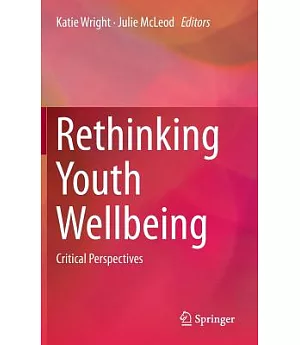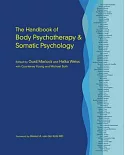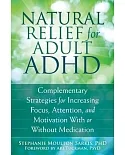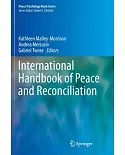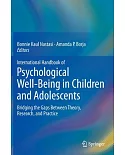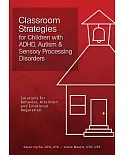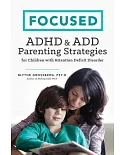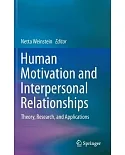This volume offers a critical rethinking of the construct of youth wellbeing, stepping back from taken-for-granted and psychologically inflected understandings. Wellbeing has become a
catchphrase in educational, health and social care policies internationally, informing a range of school programs and social interventions and increasingly shaping everyday understandings of
young people. Drawing on research by established and emerging scholars in Australia, Singapore and the UK, the book critically examines the myriad effects of dominant discourses of wellbeing on
the one hand, and the social and cultural dimensions of wellbeing on the other. From diverse methodological and theoretical perspectives, it explores how notions of wellbeing have been
mobilized across time and space, in and out of school contexts, and the different inflections and effects of wellbeing discourses are having in education, transnationally and comparatively. The
book offers researchers as well as practitioners new perspectives on current approaches to student wellbeing in schools and novel ways of thinking about the wellbeing of young people beyond
educational settings.

